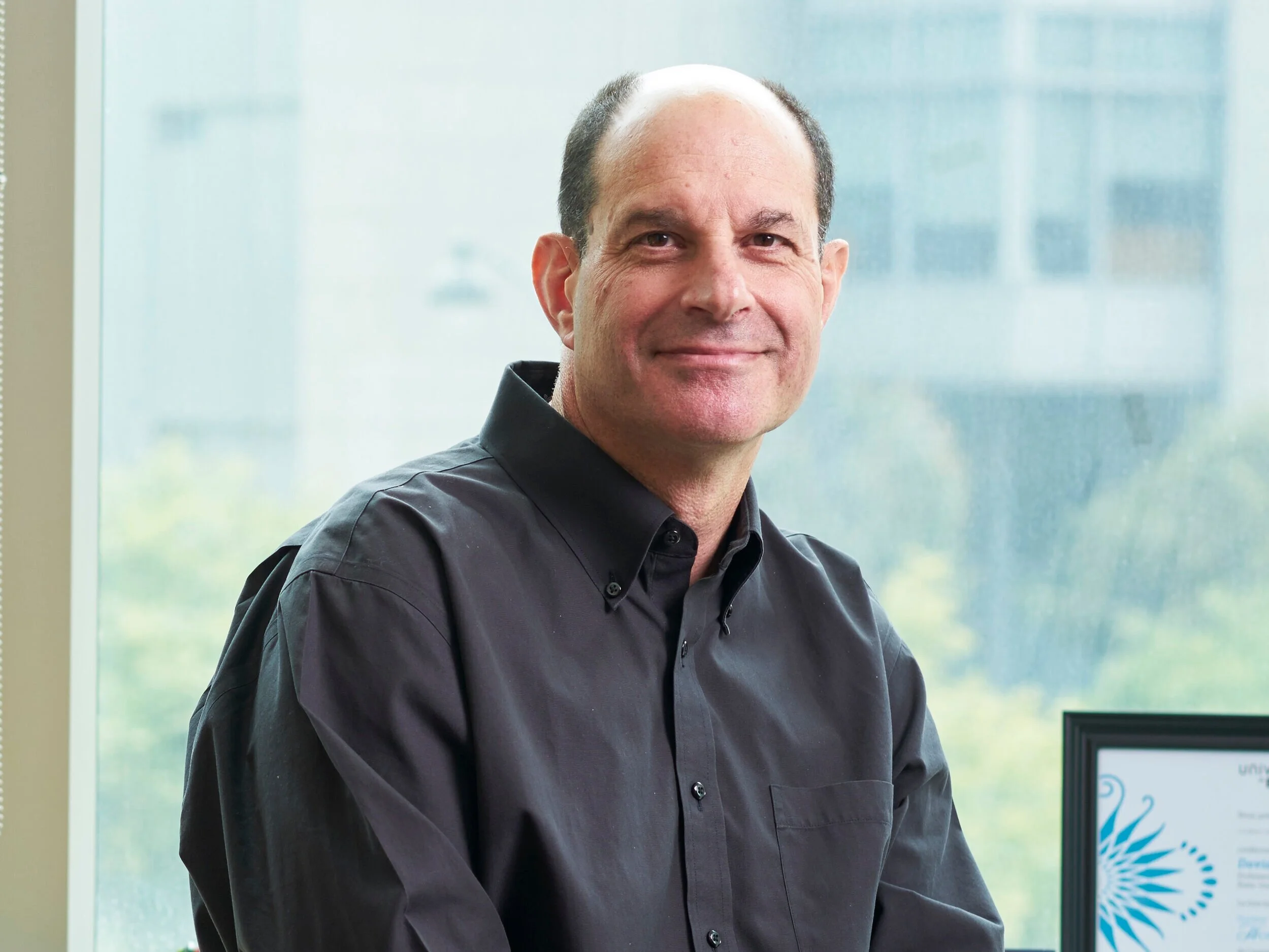Our ability to experience pain is crucial to our survival and wellbeing. However, pain can go beyond its protective role to become persistent and debilitating. When this occurs, we turn to limited, and often ineffective therapies. Pain researcher Dr. David Julius shares a brief look at current and future research goals and challenges that seek to identify molecules, genes and neural circuits underlying pain sensation - both protective and chronic - as an essential step towards achieving better pain control. A Q&A follows.
Delivered in partnership with the Gairdner Foundation.
About the Speakers
Dr. David J. Julius is an American physiologist and professor at the University of California, San Francisco. A native of Brighton Beach, Julius earned his undergraduate degree from Massachusetts Institute of Technology, attained his doctorate from University of California, Berkeley and completed his post-doctoral training at Columbia University in 1989.
In 2000, Julius was awarded the inaugural Perl-UNC Neuroscience Prize for his work on cloning the capsaicin receptor. He won the Shaw Prize in 2010 for his work identifying the ion channels involved in various aspects of nociception. In 2014 he was honored by Johnson & Johnson with the Dr. Paul Janssen Award for Biomedical Research for discovering the molecular basis for pain and thermosensation and in 2017 was awarded the Canada Gairdner International Award for determining the molecular basis of somatosensation - that is, how we sense heat, cold and pain.
Moderator - Dr. Janet Rossant, SickKids Chief of Research Emeritus and world-renowned expert in developmental biology, is the definition of a trailblazer. She became the Gairdner Foundation’s President and Scientific Director in 2016.
Widely known for her studies of the genes that control embryonic mouse development, Dr. Rossant has pioneered techniques for following cell fate and altering genes in embryos. This work continues to resonate in medical genetic research. Her current research focuses on stem cell development and cell differentiation in the developing embryo, important areas for the study of birth defects as well as regenerative medicine. Firmly planted on the front lines of technological change, she has established SickKids as a global forerunner in genetic research.
Dr. Rossant has been recognized for her contributions to science with many awards, including the Ross G. Harrison Medal (lifetime achievement award) from the International Society of Developmental Biologists, the Killam Prize for Health Sciences, the March of Dimes Prize in Developmental Biology, the Conklin Medal from the Society for Developmental Biology, the CIHR Michael Smith Prize in Health Research, the 10th ISTT Prize from the International Society for Transgenic Technologies in Edinburgh, Scotland and the 2018 L’Oreal For Women in Science Award. She is a Fellow of both the Royal Societies of London and Canada, and is a foreign Associate of the US National Academy of Science.



